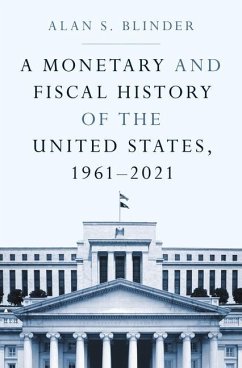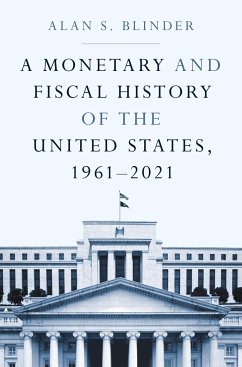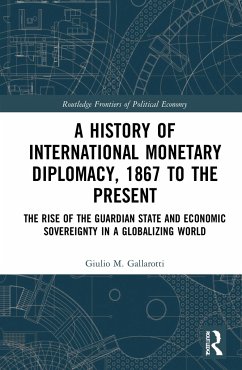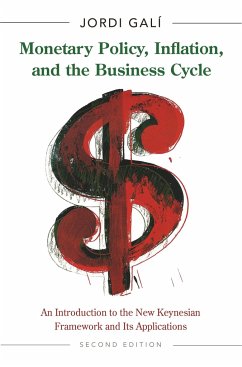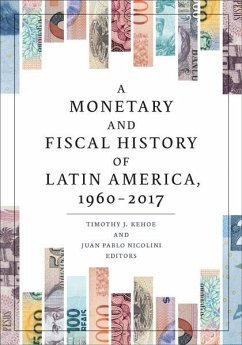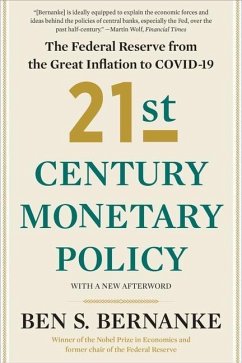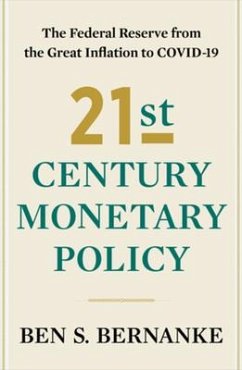
A Monetary History of the United States, 1867-1960
Versandkostenfrei!
Versandfertig in 2-4 Wochen
76,99 €
inkl. MwSt.

PAYBACK Punkte
38 °P sammeln!
According to Hugh Rockoff, writing in January 1965: "If Great Depressions could be prevented through timely actions by the monetary authority (or by a monetary rule), as Friedman and Schwartz had contended, then the case for market economies was measurably stronger". Milton Friedman won the Nobel Prize in Economics in 2000 for work related to "A Monetary History", as well as to his other Princeton University Press book, "A Theory of the Consumption Function" (1957).
Presents historical data and analytics to support the claim that monetary policy - steady control of the money supply - matters profoundly in the management of the nation's economy, especially in navigating serious economic fluctuations.



